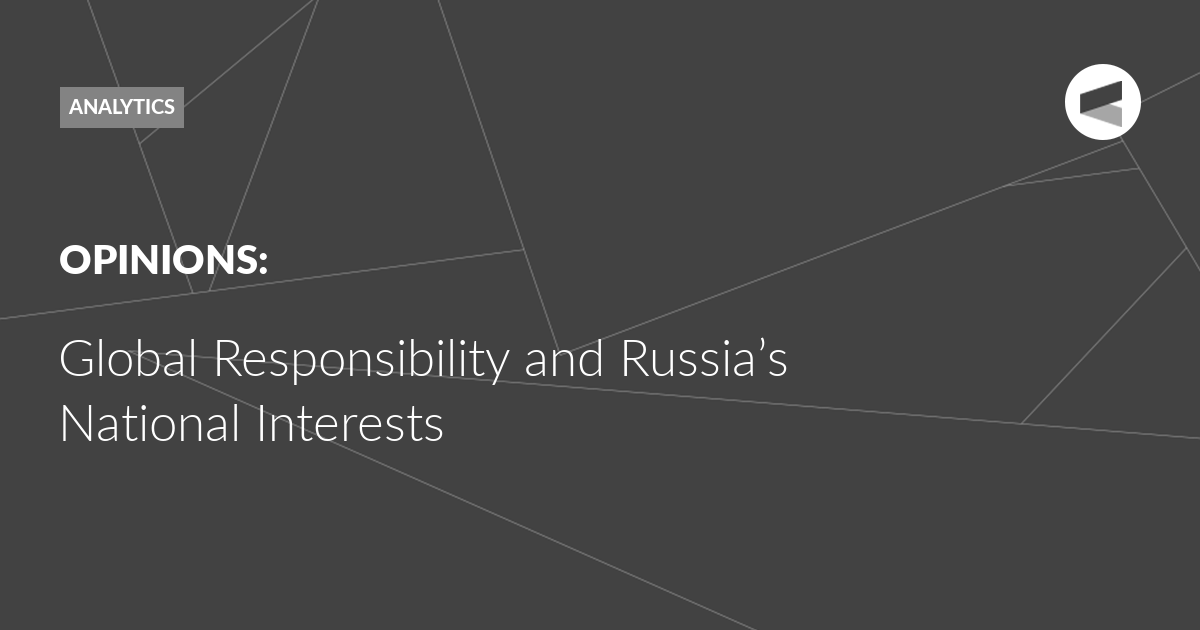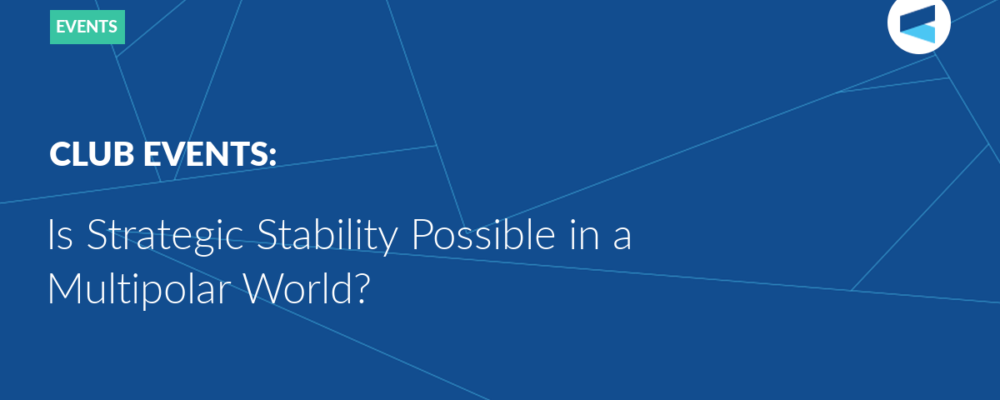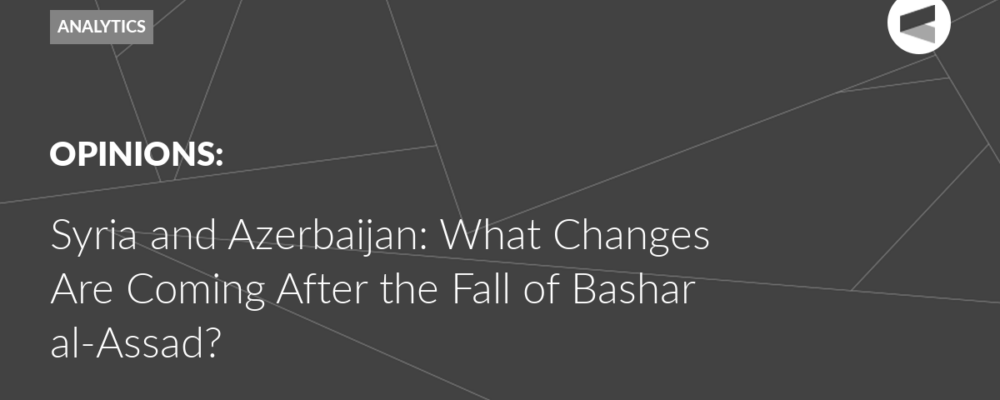Russia’s strategy has always been aimed at ensuring its own freedom of choice, but not at including other nations in the orbit of its own value concepts. An exception in this regard was the Soviet period of Russian history, but its end brought us back to the fundamental principles of foreign policy culture, which has absolutely no place for messianism, writes Valdai Club Programme Director Timofei Bordachev.
The most important paradox of the history of Russia’s foreign policy is that although its main goal has always been to ensure complete independence in making key decisions, success in doing so has always largely depended on the context in which the country defends its interests. Now, in addition to the internal stability achieved over the past 25 years, ongoing global challenges have played the most important role in determining how successfully Russia has resisted the destructive efforts of the West.
With regard to Russian priorities, the most important of these changes is that modern world politics has finally ceased to be European. Europe remains at the centre of global power politics, if only because it is here that the forces of the two most powerful nuclear powers, Russia and the United States, come into direct contact. However, Europe has definitely ceased to be the centre of world politics as such, since the European countries themselves have lost the ability to conduct even relatively independent policymaking. It has become truly global, and the behaviour of powers such as China or India is no longer a “background” for the processes taking place in the world, but determines their content.
From the Russian point of view, such transformations represent an opportunity and a challenge in equal measure. An opportunity, because they free us from the need to seek allies within the West in order to be successful in facing the dangers posed by Europe as a region. A challenge, because they force us to think about a new form of Russia’s global role and responsibility. The latter is not historically as characteristic of its foreign policy behaviour as one might think. Therefore, it is important for us to understand what the future global strategy of the country will be, given that messianic aspirations have never been the guiding star of foreign policy decisions and actions.
Russia entered the arena of international politics at a time when it was just emerging and acquiring the features that were to be inherent to it over the next 500 years. The emergence of the Russian state in the late 15th – early 16th centuries coincided with the discovery of America by Europeans, the beginning of colonial conquests there, the split of the Western church, and the spread of military technology that made Europe the dominant force for an exceptionally long period of time. Due to the fact that Russian statehood was formed as a cultural phenomenon outside the European political civilization, its relations with Europe have been conflictual since the very beginning.
The Valdai Discussion Club was established in 2004. It is named after Lake Valdai, which is located close to Veliky Novgorod, where the Club’s first meeting took place.
Please visit the firm link to site






